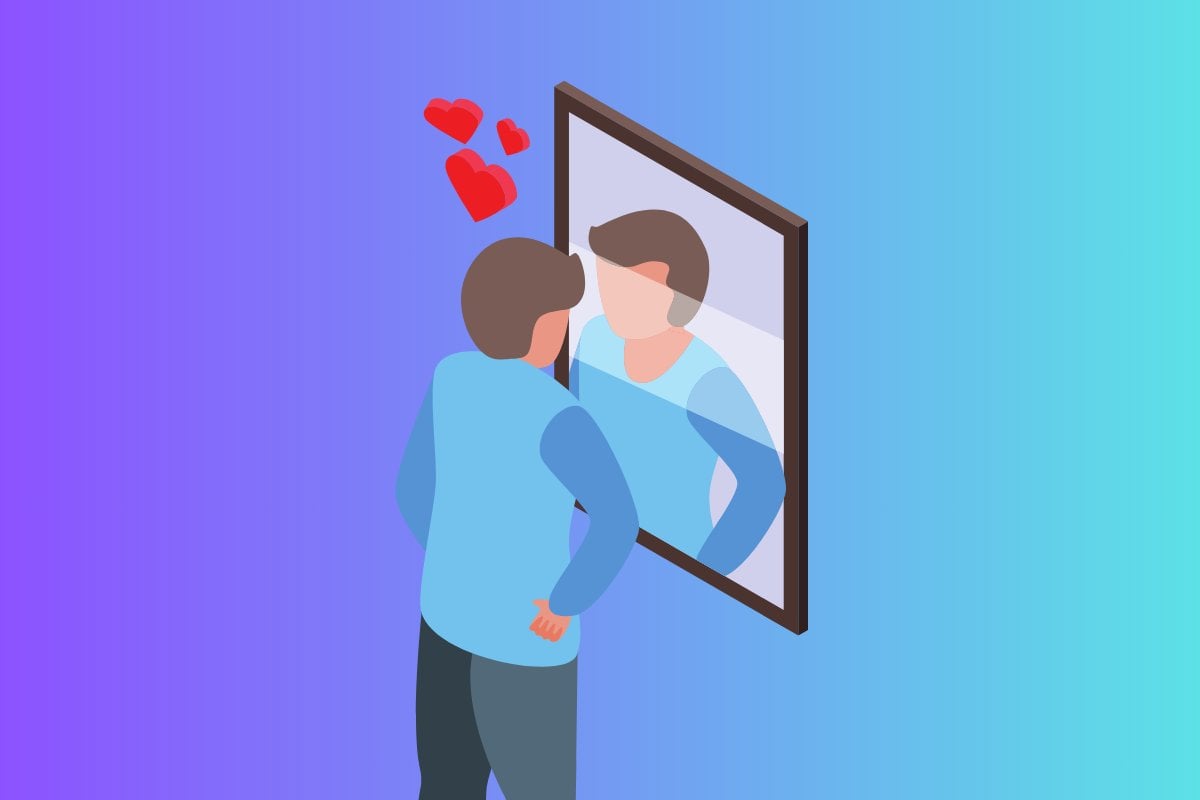
Content warning: This story includes descriptions of sexual abuse and domestic violence that may be distressing to some readers.
In Olivia Rodrigo's stellar single 'Vampire', she sings about an ex (maybe?) who only comes out at night, bleeds her dry and "builds a castle of people you pretend to care about".
She tells of six months of torture sold as a forbidden paradise, and asks, "How do you lie without flinching? I used to think I was smart, but you've made me look so naïve," belts the Grammy Award-winning prodigy. Listen to the song if you haven't already... we'll wait.
Rodrigo could well be describing a narcissist: someone who's incapable of empathy and selflessness with a sense of entitlement and self-importance. They crave excessive admiration and attention and deplete their victims' confidence to feed their own egos. Inherently insecure, they envy others while believing others must be envious of them. And behind closed doors in relationships, narcissists can be emotionally abusive.
"There is this societal misconception that all narcissists are overt – looking in mirrors all the time, being loud and arrogant," reveals Nova Gibson, founder of Brighter Outlook Narcissistic Abuse Counselling Service.
Watch: The signs you are dating a narcissist. Post continues below.

